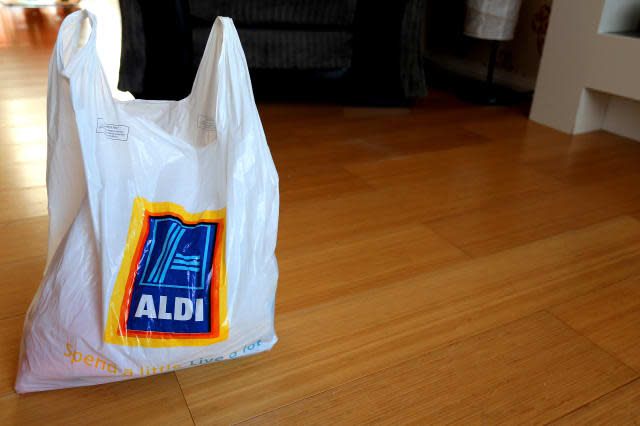What will a new Aldi do to house prices?

The papers were full of tales of drama in Poynton in Cheshire, after an Aldi opened earlier this year and some locals took against it. On a local forum, residents speculated about the kind of people who would be attracted to the area, and some argued that it was lowering the tone. While the store opening has been a huge success for the company, it begs the question of what a new Aldi does to an area - and whether it really does depress house prices.
Aldi lowers prices
A report last year seemed to indicate that having an Aldi near your home would make it worth less. The Lloyds Bank study found that homes within easy reach of any supermarket at all were worth an average of 7% more than similar properties in the region.
The Waitrose effect was striking - with homes worth 12% more than similar properties. However, the Aldi effect was even more impressive, because houses near an Aldi were worth 3% less than other similar properties in the region.
Or does it?
The study didn't establish which came first - lower house prices or an Aldi store. It didn't address the questions of whether posh supermarkets tended to open in more expensive areas, or whether they became posh because of the presence of a Waitrose. Likewise, it wasn't clear whether Aldi had opened more stores in less affluent areas, or whether the Aldi store itself had lowered the tone.
A study by Winkworth concluded that the supermarket was likely to follow the house prices - rather than the other way around. It highlighted that houses near Aldi branches were likely to be cheaper, but added that this was because in the past it had: "chosen to locate in far more modest locations".
When you factor in the Aldi philosophy, this makes sense, because it aims to keep its operating costs as low as possible, in order to keep prices down, so it makes sense to open in areas where land is cheaper.
There will be those who point out that Aldi is currently expanding in posher towns, and that the pace of expansion means that a rapidly growing proportion of the chain is in more up-market areas. This would surely make a mockery of the argument that Aldi largely operates in cheaper areas.
However, even in these posher areas, the store's philosophy means it cannot over-pay for land, so it tends to build on the outskirts. Properties here tend to be cheaper than those in the heart of town, which reinforces the argument that the cheap housing tends to come before the supermarket.
Change is coming
What's more, in future, as towns continue to grow, and developments move further and further out, there's a good chance that Aldi stores will be swallowed up, and the location will be considered more central and therefore more desirable. Prices will rise, and any study like the one from Lloyds Bank will suddenly be able to conclude that Aldi has raised house prices.
But what do you think? Do you care if you live within reach of a supermarket? And do you care which one? Let us know in the comments.





